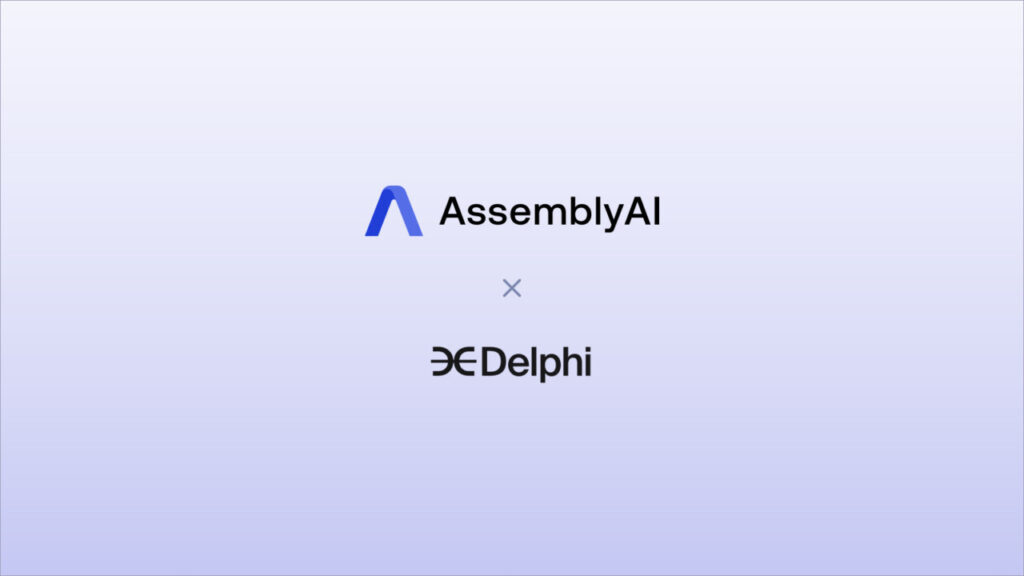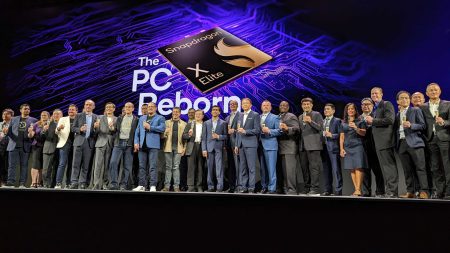The vision: Democratizing access to expert knowledge
Digital cloning platform Delphi‘s mission is to democratize access to high-level mentorship and expertise for its wide range of users. By creating interactive digital representations of influential figures, the platform breaks down barriers that have traditionally limited personalized coaching to a select few.Â
This innovative approach goes beyond simply scaling access to information — it creates a dynamic ecosystem where users engage in personalized dialogues with virtual versions of today’s most influential minds.
The implications are far-reaching. Delphi’s digital clones serve as conduits of wisdom, ensuring that insights and experiences transcend time and geographical boundaries. This creates a living, interactive legacy for each thought leader while fostering a cycle of progress.Â
As more people gain access to high-quality, personalized guidance, the potential for innovation across various fields increases, accelerating personal and professional growth on a global scale.
Clone of the Delphi’s Cofounder
Transforming diverse content into interactive clones
This revolutionary approach to knowledge sharing has come with its own unique set of challenges. Transforming diverse bodies of work into interactive, intelligent clones presents formidable technical hurdles. As Sam Spelsberg, Delphi’s CTO, explains:Â
“Customers of our business are high-leverage individuals who have bodies of work that come in all shapes and sizes.”
The content used to train these digital clones often comes in various formats, including audio and video. Spelsberg notes:
 “A massive share of the content that our customers upload to their clone comes in the form of audio or video content. To be able to train their clone effectively we have to first transcribe the content, accurately.”
Adding to the complexity, Delphi serves a global customer base. “We also have a global customer base and much of our customers’ content is in languages other than English,” Spelsberg adds.
These obstacles created a clear challenge: how to efficiently and accurately transcribe this diverse, multilingual content to train the AI clones?
Harnessing cutting-edge Speech AI for clone creation
To address these challenges, Delphi turned to a partnership with AssemblyAI.Â
Spelsberg explains their process:Â
“When clone creators upload their content inside of our Clone Studio product, we use AssemblyAI to take in their audio/video content and transcribe it, label speakers, extract timestamps, and run Audio Intelligence on the content to understand it and prepare it for the clone training process.”
Key features that proved invaluable for Delphi include:
Automatic Language Detection (ALD)
High-quality Speaker Diarization (speaker labeling)Â with accurate timestamps
Delphi has significantly expanded its language processing capabilities and is now able to accurately detect and transcribe content in a much wider range of languages. This advancement, coupled with high-quality speaker identification and precise timestamp generation, has greatly enhanced the platform’s ability to create accurate digital clones.Â
“The high quality, accurate speaker labeling that comes with precise timestamps is incredible,” Spelsberg emphasizes, highlighting how these improvements have elevated Delphi’s clone creation process.
Upload content inside of clone studio to train your clone – including audio/video files.
Streamlining the clone creation process
Delphi has developed a remarkably smooth and efficient workflow for their clone training pipeline, leveraging AssemblyAI’s technology to enhance their content processing capabilities.Â
“Integrating AssemblyAI into our system was incredibly simple,” Spelsberg shares. “Their flexibility in receiving content from our backend allowed us to seamlessly incorporate their SDK into our pipeline.”Â
This integration enables Delphi to rapidly analyze and process diverse content types, extracting vital details about the clone creators’ material. The result is a significant boost in the speed and accuracy of Delphi’s digital twin creation process, allowing them to produce more lifelike and responsive clones for their users.
Accelerating global reach and user engagement
Delphi has made remarkable strides in enhancing its digital clone technology, achieving significant improvements in several key areas:
Language support expanded by 16x Clone training time reduced by 50%Addition of a precise citation feature
These advancements were made possible through Delphi’s integration of AssemblyAI’s advanced transcription and audio intelligence capabilities.Â
“We’ve been able to improve our support for languages in our clone training pipeline 16x, and our clone training time has decreased by nearly 50%. This has been crucial in our mission to democratize access to expert knowledge on a global scale.” Spelsberg explains.Â
Perhaps most impressively, Delphi now offers a unique feature that enhances the user experience. “When you ask a clone a question and they reference YouTube or a podcast, we are able to link to the exact second in the content where the answer is provided,” Spelsberg explains.Â
This precision in content referencing, enabled by accurate speaker labeling and timestamps, adds a new dimension of credibility and depth to interactions with Delphi’s digital clones.
Pushing the boundaries of AI-powered knowledge sharing
Delphi isn’t stopping here. They’re already planning to leverage more of AssemblyAI’s Audio Intelligence models. Spelsberg reveals:
“We will also start to look more at the Audio Intelligence features that AssemblyAI offers to extract more insights during the clone training process that can be used to create an even better map/representation of the clone creator. Entity Detection, Key Phrases, and Topic Detection are on our roadmap to be leveraged for even better clone training.”
As Delphi continues to push the boundaries of AI-powered knowledge sharing, their partnership with AssemblyAI remains crucial. Together, they’re working towards a future where everyone can have a personal chat with today’s leading thinkers — a true democratization of wisdom.
Source: Read MoreÂ

